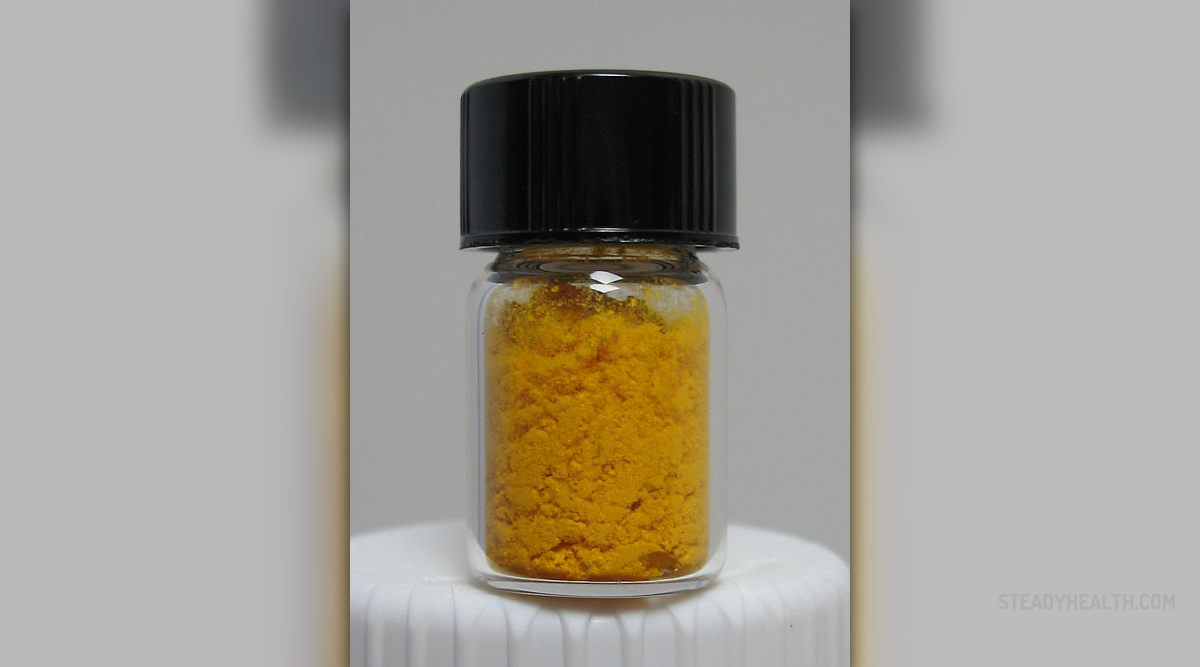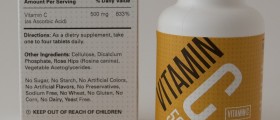
Folic Acid
Folic acid is a water soluble form of vitamin B9. This vitamin is crucial for many processes in the body and has to be taken in recommended doses. Its intake supposed to be increased is pregnancy and some medical conditions. Folic acid is involved in synthesis and repair of DNA, nucleotide biosynthesis, remethylation of homocysteine, and so on. This vitamin is essential in prevention of anemia.
Insufficient intake of folate can result in folate deficiency. In case of increased needs for folic acid patients are prescribed the dose they should take and they must stick to the dose trying not to exceed it.
Possibility of Folic Acid Toxicity
Generally, because folic acid is water-soluble there is not significant possibility that toxicity will occur even if the daily doses have been exceeded.Still this vitamin can interfere in absorption of many drugs and medications. For example in people suffering from cancer and the ones who take way too much folic acid, chemotherapy with methotrexate cam lead to less absorption of this chemotherapeutic agent. Furthermore, zinc and estrogen may be also improperly absorbed if there is too much folic acid in the body.
The worry about folic acid toxicity is not as great as it is worry about its insufficiency.
However, if taken in higher doses there are certain symptoms and signs which may point to toxic effects of this vitamin. The Recommended Daily Allowance of folic acid is 400 mcg per day (adults), 600-800 mcg per day (pregnant women), and 500 mcg per day (breastfeeding women). In people who need to take folic acid supplement the upper limit is 1000 mcg per day.
In higher doses folic acid may cause certain symptoms. Namely, if the dose is exceeded symptoms related to stomach, sleep and problems with skin may occur. In rather rare cases one can develop seizures. The toxicity of folic acid is not so common because this vitamin in water-soluble and can be easily excreted from the body through the urine. This means it cannot accumulate leading to significant damage.
When we talk about excessive intake of folic acid the great concern is related to improper absorption of certain medications. Mega dosing of folic acid may interfere in absorption of a variety of drugs such as certain chemotherapeutics (methotrexate), zinc, estrogen, certain anticonvulsant medications and barbiturates. Furthermore, excessive intake of folic acid may sometimes mask the symptoms of pernicious anemia.
All in all, patients who require taking increased doses of folic acid need to consult their doctor and to stick to the prescribed doses. This way adequate intake of folic acid will be satisfied and possible side effects will be successfully avoided.

















Your thoughts on this
Loading...